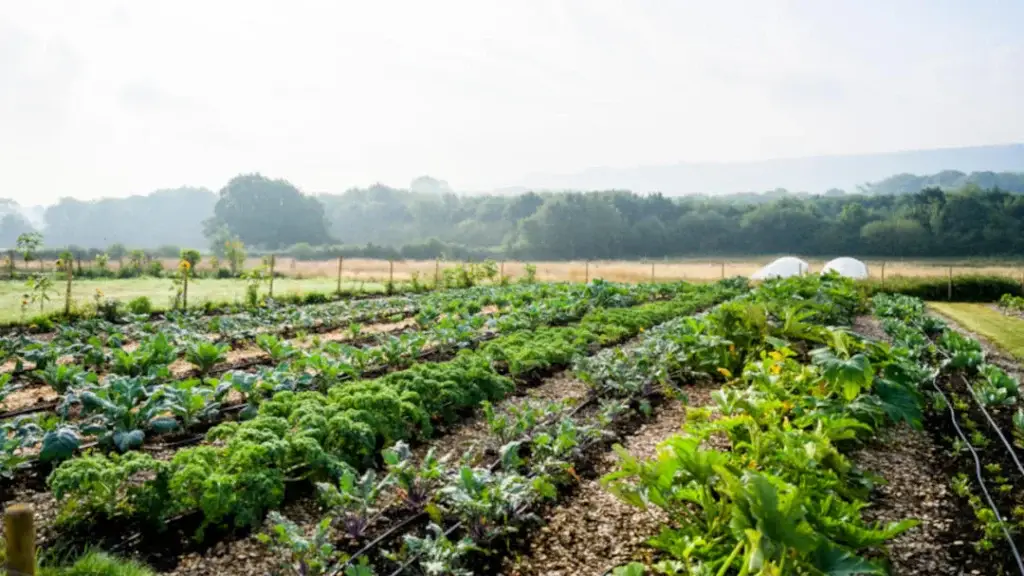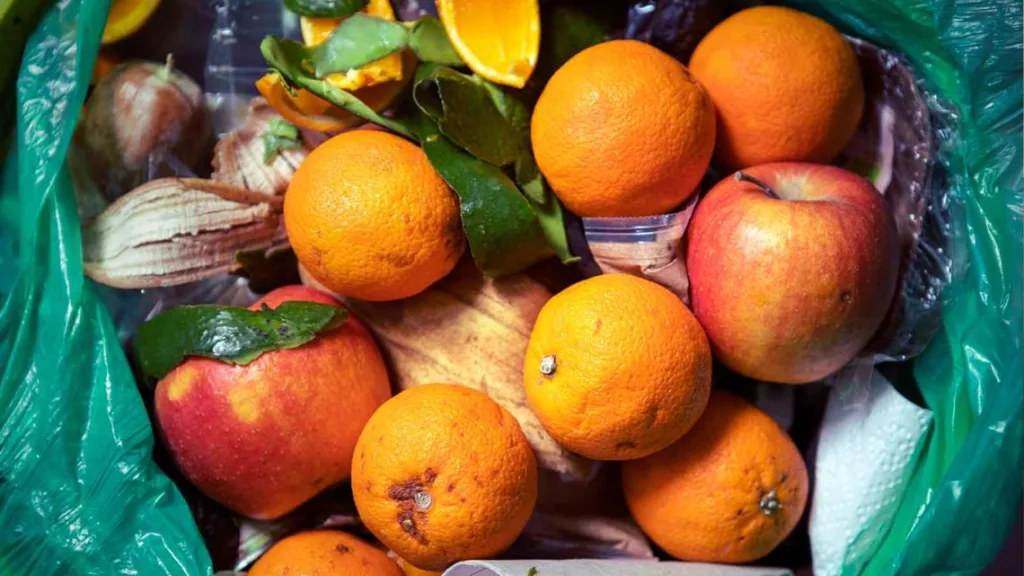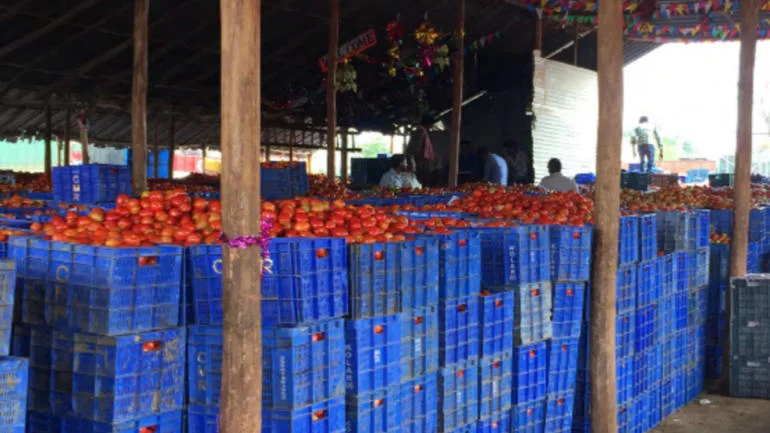Bayer has been a member of The Sustainable Markets Initiative Agribusiness Taskforce (SMI), launched by His Majesty King Charles III, since its inception in 2020. As part of the Taskforce, Bayer has been leading an initiative in India focused on accelerating regenerative agriculture practices across the Basmati value chain. The initiative, led by Bayer, aims to assist 250,000 smallholder Basmati rice farmers in Haryana, Punjab, Madhya Pradesh and Uttar Pradesh in transitioning to regenerative practices by 2030. These practices include direct-seeded rice, soil health management, and alternate wetting and drying.
For the past two years, the Basmati Rice Coalition, consisting of technology providers (Bayer, YARA, Mahindra, CNH – Case New Holland) and rice off-takers (OLAM, LT Foods, Ebro), has been defining and piloting solutions to enhance both the supply and demand for crops sourced from regenerative agriculture. This initiative targets 5,000 smallholder farmers across 20,000 acres, providing training, sustainable technologies, and access to carbon markets. The project is in its first year of data collection and via implementation partners plans to gather data to track progress against the following indicators:
- Climate: GHG Emissions Factor (MTCO2eq / unit of production)
- Soil: Soil Organic Carbon (SOC / area)
- Biodiversity: Percentage natural / restored habitat in agricultural land (% / area)
- Water: Blue water withdrawal (m³ / unit of production)
- Climate/Biodiversity: Nitrogen Use Efficiency (NUE)
The coalition’s mid-term goal is to establish a self-sustaining, farmer-centric, multi-crop, multi-season system, with Basmati rice as the primary crop alongside complementary rotation crops such as wheat, corn, and potatoes, incorporating additional technology providers and respective off-takers. This approach aims to enable smallholder farmers to realize the value of regenerative practices and improved quality of their outputs holistically.




